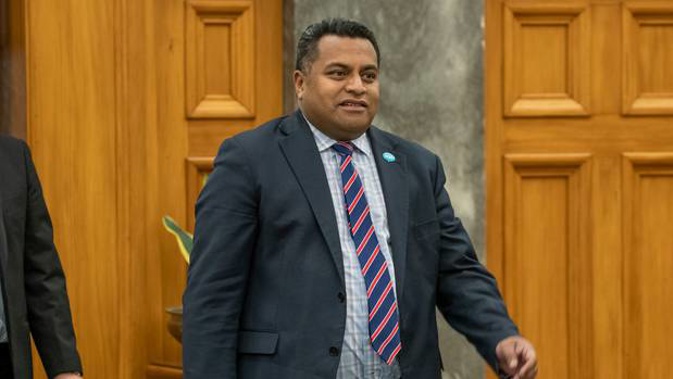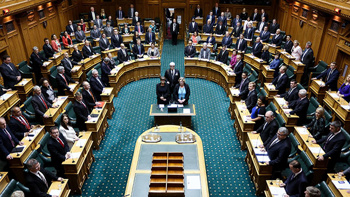
Immigration Minister Kris Faafoi has announced a reprieve for 11,000 foreigners with expiring working holiday visas, who will be able to stay and work in horticulture and wine growing jobs.
A Supplementary Seasonal Employment (SSE) visa will be automatically given to those with working holiday visas that expire between November 1, 2020, and March 31, 2021.
And Faafoi has announced that the border will be opened for hundreds to specialist workers including veterinarians, deep-sea fishing crew, and agricultural and horticultural mobile plant operators.
The Government announcement comes as the National Party released its plan to allow more essential foreign workers into New Zealand without compromising safety.
Faafoi said the Government had established border exceptions for entry for a limited number of workers: 30 veterinarians, 570 deep-sea fishing crew, and 210 agricultural and horticultural mobile plant operators.
The exceptions will be time-limited, he said, and industry representatives will identify which workers will be eligible.
"There are not enough New Zealanders to fill current needs for livestock veterinarians, especially in isolated areas. Training to be a vet takes years so these vacancies cannot be filled quickly," Faafoi said.
Mobile plant operators worked with highly specialised machinery, he said.
"Their skills are required urgently to avoid the loss of crop and animal feed that will soon be ready for harvest."
And shortages in deep-sea fishing workers could not be filled by Kiwis in the short-term, Faafoi said.
"In exchange for the border exception, the fishing industry has committed to removing barriers to employing New Zealanders, including reviewing pay structures and business models, and investing significantly in training and education."
He said horticulture and wine-growing employers will be able to take on SSE workers for roles in regions approved by the Ministry of Social Development.
SSE workers could also work for accredited SSE employers or for a Recognised Seasonal Employer (RSE) which has unfilled RSE spaces.
Other work visa holders can apply for an SSE visa if they have a job offer from one of these employers or if the job is on the Ministry of Social Development list.
In addition, all RSE workers stranded in New Zealand who have been granted a more flexible visa to work part-time and do non-RSE work will be able to "re-enter" the RSE scheme and work for an RSE employer with 30 hours per week average pay guaranteed.
Faafoi said the changes would help fill roles that cannot be filled by New Zealanders in the short term, while the industry works on other solutions.
"Without these visa changes, there will not be enough people in the right locations to ensure fruit and produce is picked in time."
The changes are for the 2020/21 season only.
"While only a small number of migrants can arrive in New Zealand, the Government is enabling the remaining migrant workforce to stay on. This will go a long way to support the labour needs of the horticulture and viticulture industries.
"RSE workers offshore will be able to return and work in New Zealand when it is safe to do so."
This morning the National Party said it wanted to open up the borders to let in more foreign workers and international students.
And National wants the private sector to be allowed to accommodate overseas arrivals, which would shoulder some of the costs while boosting capacity.
All private facilities would have to meet standards of safety, security, reporting, transporting, training and testing, as well as associated costs.
National's proposed Te Korowai Whakamaru/NZ Border Protection Agency would set the standards, and any contractors working at private MIQ facilities would have to pass a "rigorous" screening process.
Take your Radio, Podcasts and Music with you









